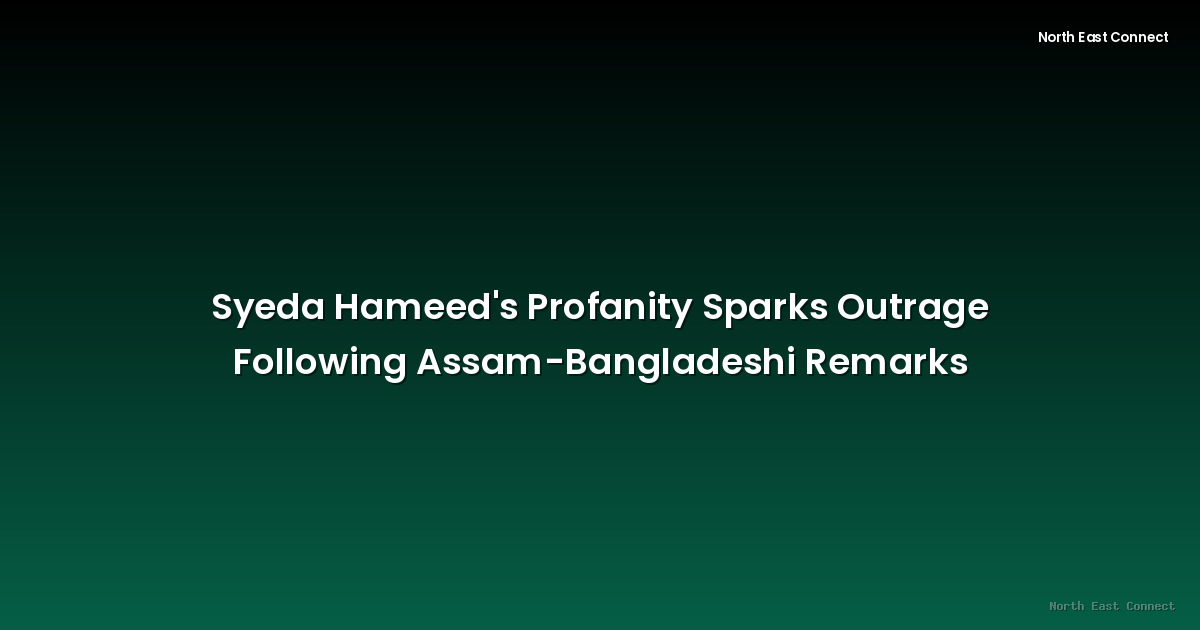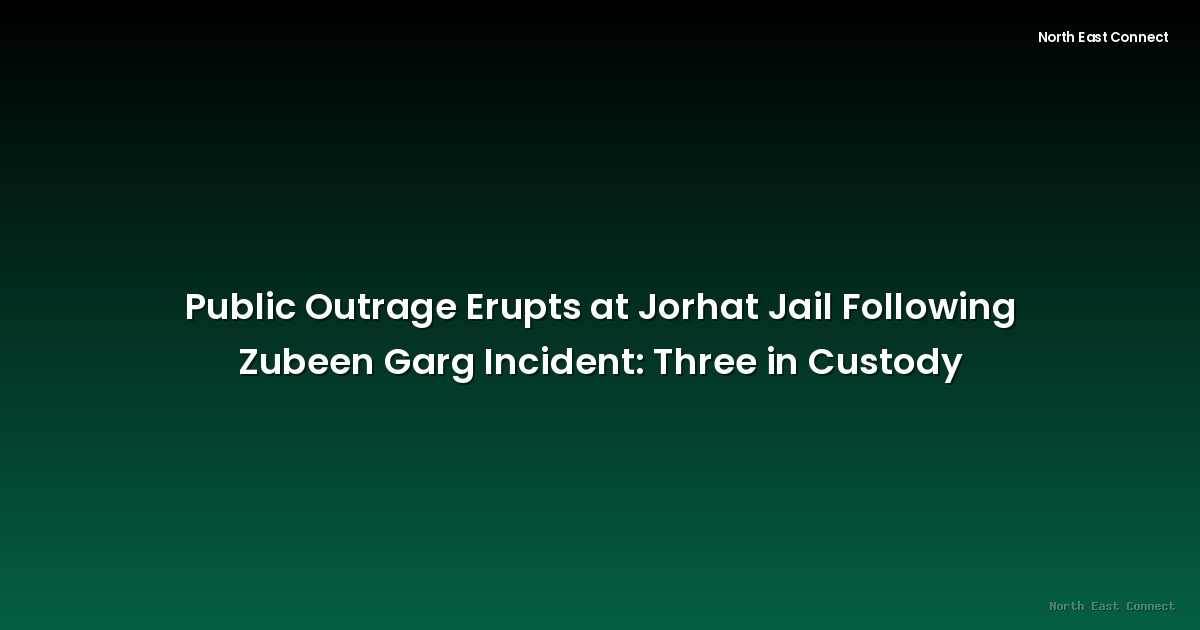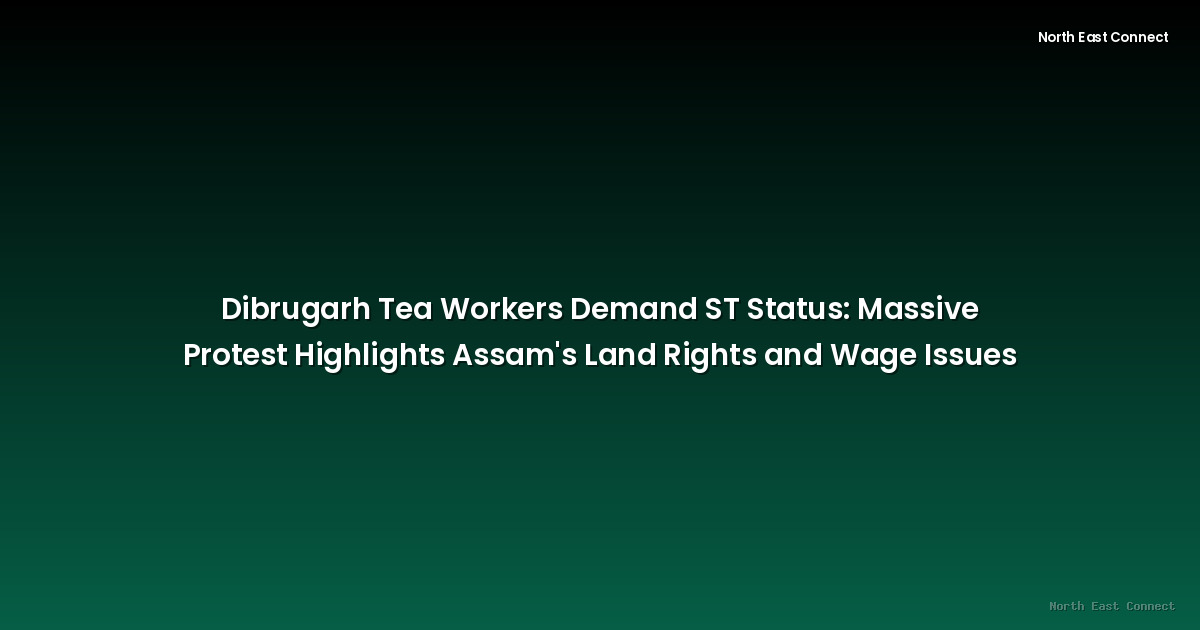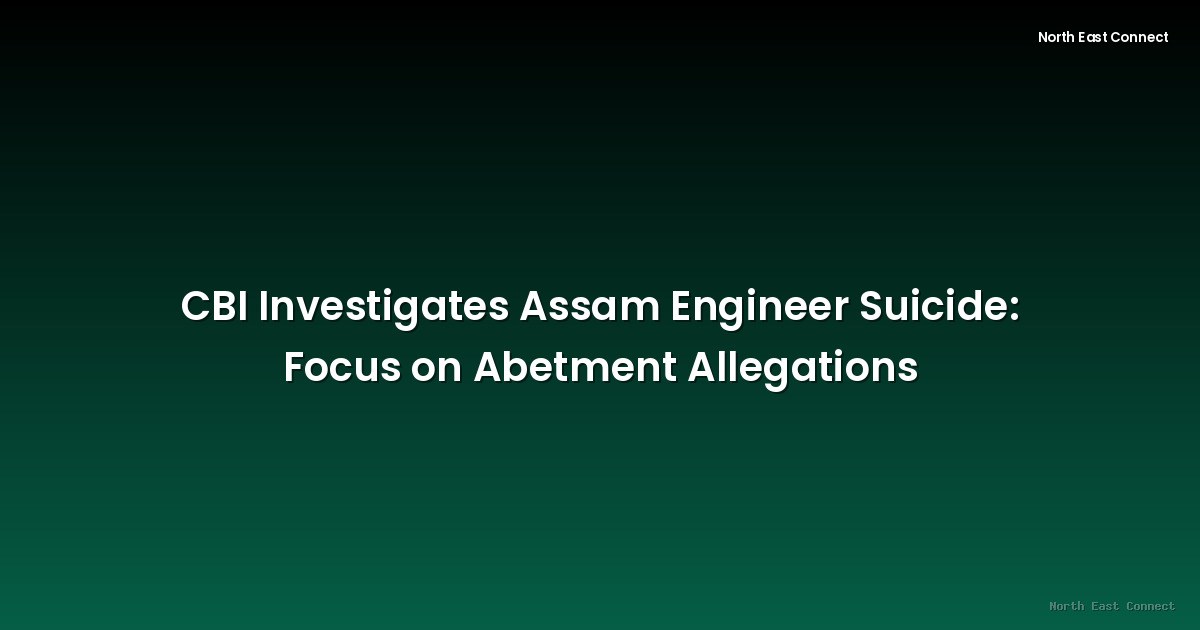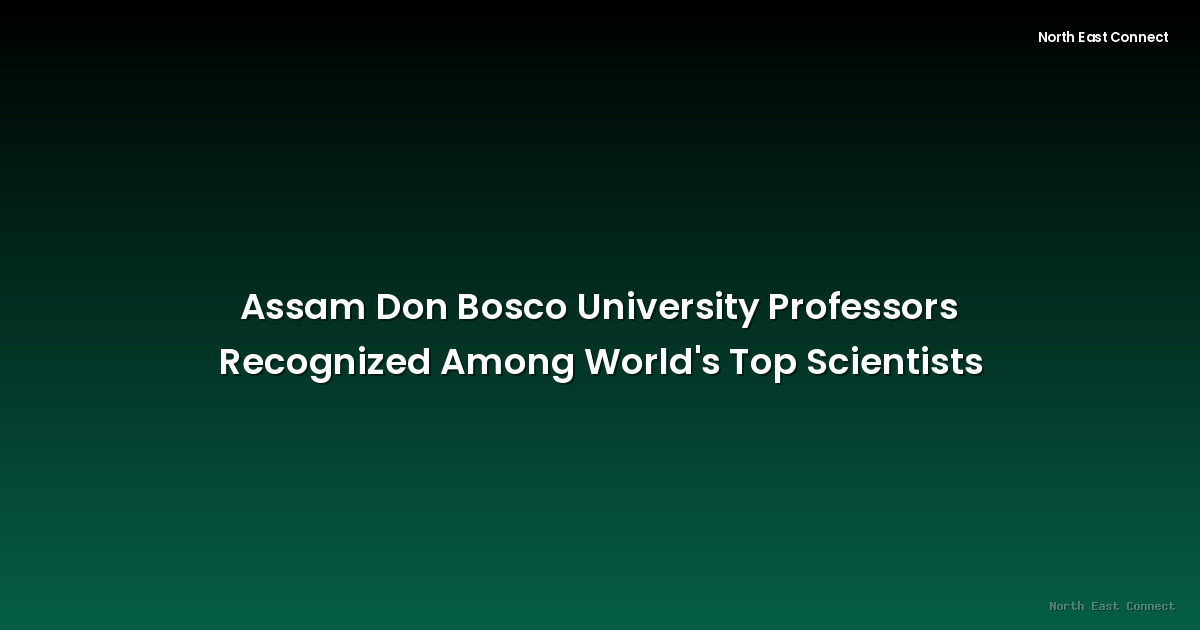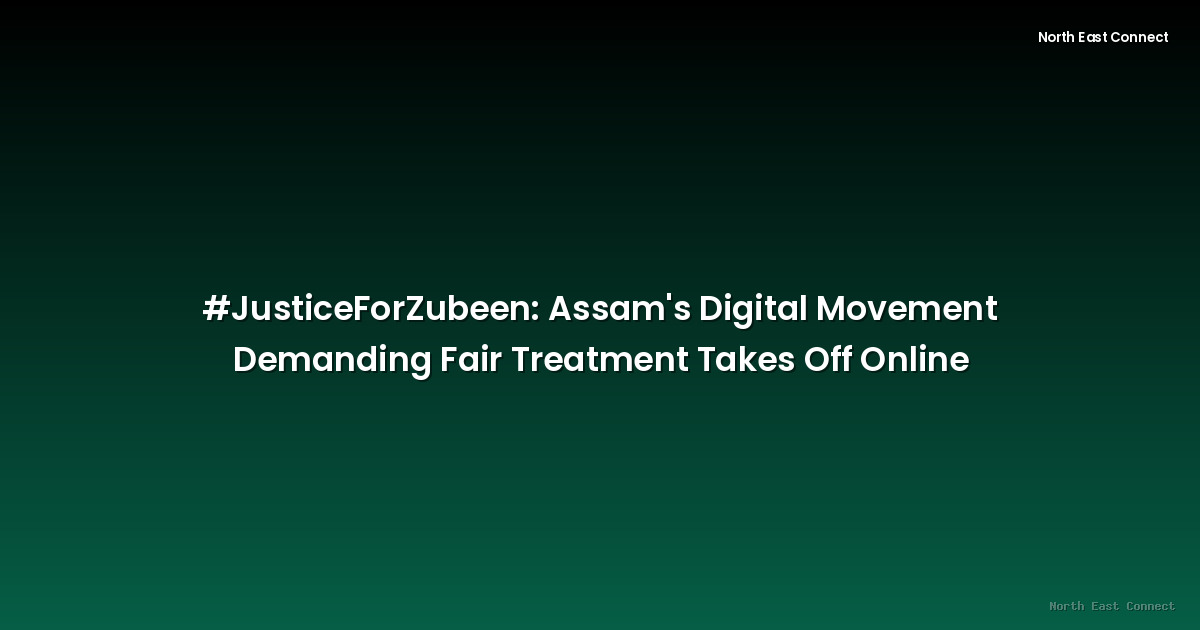2025-08-27 · News
Syeda Hameed, a prominent public figure, found herself embroiled in a significant controversy following remarks she made concerning the presence of Bangladeshis in the state of Assam. While the specifics of her initial comments remain unclear from readily available information, her subsequent response, marked by the use of profanity, has generated significant public outrage and widespread media coverage. The incident highlights the sensitivities surrounding migration and demographic issues in the region.
Hameed's initial statements, while not explicitly detailed in widely available reports, apparently touched upon the complex issue of Bangladeshi migration to Assam, a topic often debated in Indian political discourse. This region has a long history of migration from neighboring countries, leading to ongoing discussions about citizenship, identity, and resource allocation. Assam, in particular, has been the site of significant demographic shifts, and the integration of migrants into the existing population remains a sensitive and multifaceted issue.
The lack of clarity regarding Hameed's original comments leaves room for interpretation, but it is her reaction to the ensuing criticism that has drawn the most attention. Her reported use of a "cuss word," as described in news reports, is widely considered to be inappropriate and has fueled the controversy. This response has overshadowed the initial remarks, leading to a focus on the perceived lack of decorum and professional conduct rather than a detailed analysis of the original statements.
The incident rapidly spread across social media platforms, becoming a trending topic, with many users expressing their disapproval of Hameed's choice of language. The controversy has sparked a broader debate about the appropriate manner of public discourse and the responsibilities of public figures when addressing sensitive topics. The incident raises questions about whether the use of such language undermines productive dialogue and whether it serves to exacerbate already existing divisions within society.
News outlets and social media users alike have expressed strong reactions to the incident. While the exact nature of Hameed’s original comments remains subject to further clarification, her subsequent response has overwhelmingly drawn condemnation. This incident underscores the significant challenge of addressing complex and sensitive social issues in a measured and productive way. The swift and intense reaction to Hameed's language further underscores the need for responsible and respectful communication when discussing sensitive demographic and political issues.
The lack of readily available details surrounding Hameed’s initial statements prevents a complete analysis of the context and intent behind her words. However, her reaction highlights the risks associated with inflammatory rhetoric and the potential for even seemingly minor missteps to escalate into significant controversies. Further investigation may shed more light on the initial comments and the full context of the situation. The controversy nevertheless serves as a stark reminder of the importance of thoughtful and respectful communication in public discourse, particularly when addressing topics with potentially high emotional impact. The ongoing debate highlights the need for careful consideration and nuanced discussion on issues related to migration and demographic changes within a region already marked by its diverse and complex history. The incident will likely continue to fuel discussions around the responsibilities of public figures and the importance of responsible speech in shaping public opinion.

